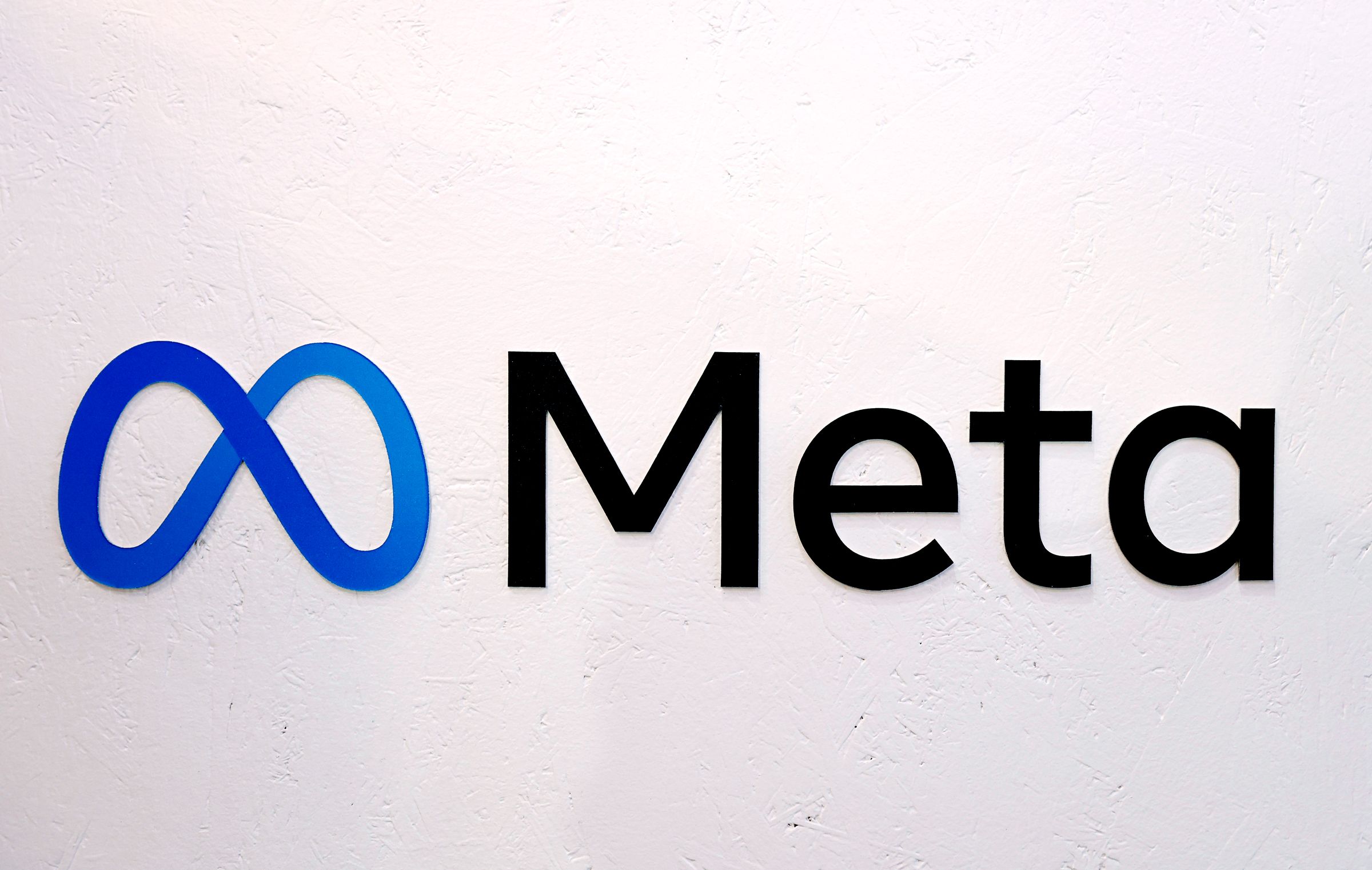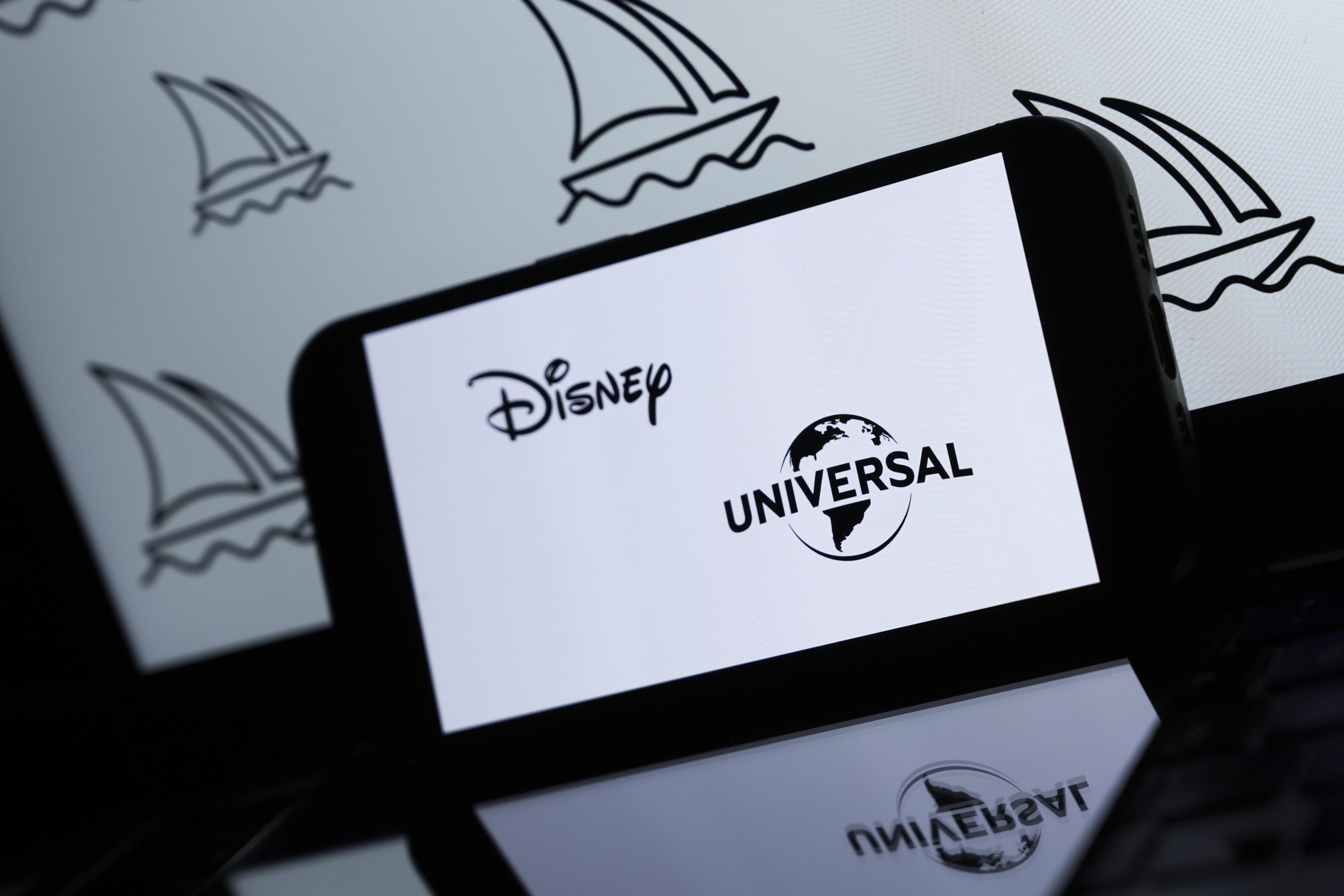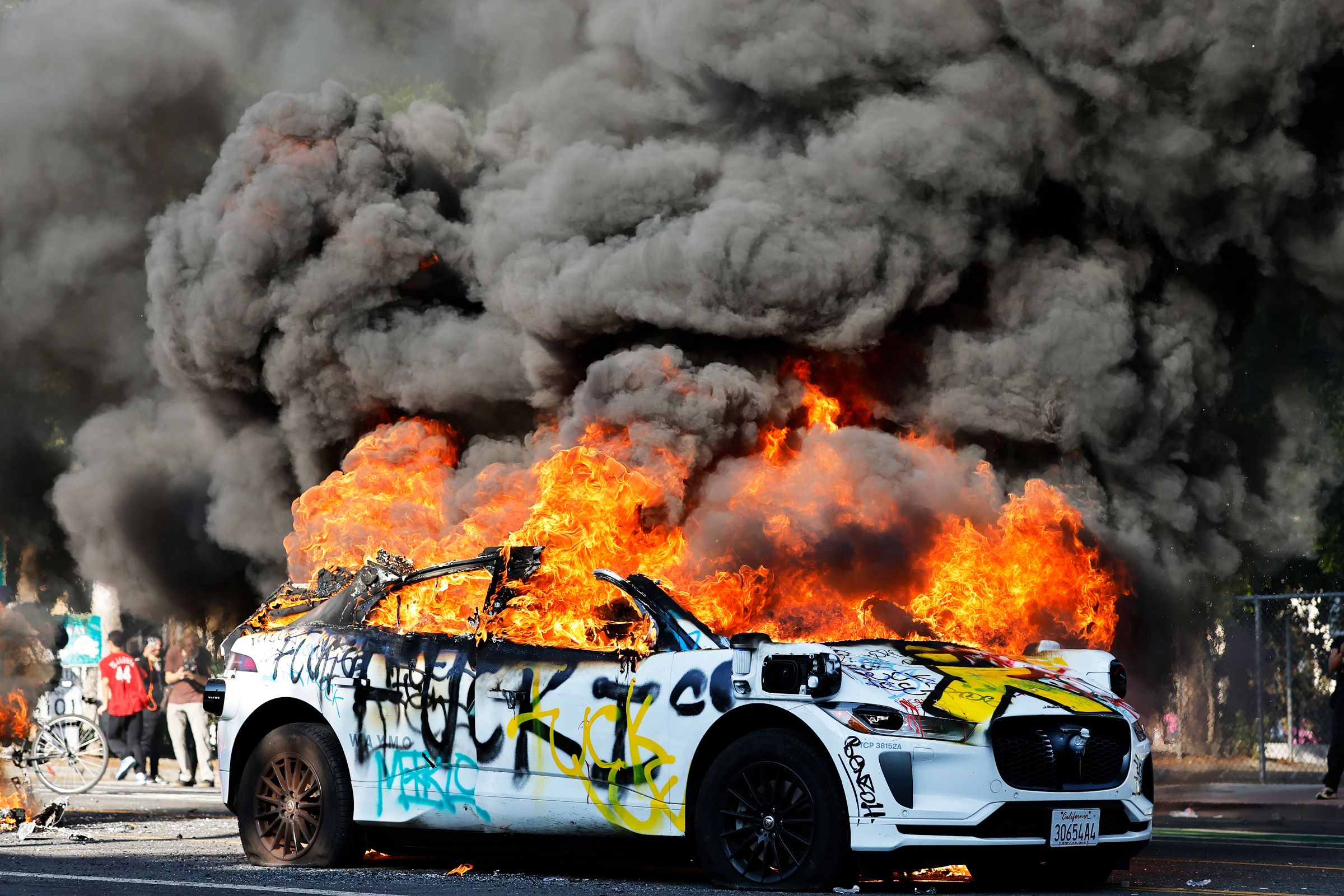Meta Wins Blockbuster AI Copyright Case—but There’s a Catch
Meta Wins Blockbuster AI Copyright Case—But There’s a Catch
Last week, Meta, formerly known as Facebook, emerged victorious in a high-profile copyright case involving its AI technology….

Meta Wins Blockbuster AI Copyright Case—But There’s a Catch
Last week, Meta, formerly known as Facebook, emerged victorious in a high-profile copyright case involving its AI technology. The case, brought by a major film studio, alleged that Meta’s AI had been used to create unauthorized copies of blockbuster movies.
The court ruled in favor of Meta, stating that the company’s AI technology did not violate any copyright laws. However, there was a catch—the court also found that Meta had breached its contract with the film studio, which had granted the company limited access to its content for research purposes only.
As a result, Meta was ordered to pay a substantial fine to the film studio and to cease using its AI technology to create unauthorized copies of copyrighted material. The ruling has sparked a debate in the tech industry about the ethical use of AI and the responsibilities of companies like Meta when developing and deploying such technologies.
Some have praised the court’s decision as a victory for copyright holders and a much-needed check on the power of Big Tech. Others have criticized the ruling as a blow to innovation and a potential threat to the development of AI technology.
Regardless of where one stands on the issue, it is clear that the case has raised important questions about the intersection of technology, copyright law, and ethical considerations. As companies like Meta continue to push the boundaries of AI capabilities, it will be crucial for policymakers and industry stakeholders to establish clear guidelines and regulations to ensure that these technologies are used responsibly and ethically.
In the meantime, Meta will need to reassess its AI development practices and ensure that it complies with all legal and contractual obligations moving forward. The outcome of this case serves as a reminder that even tech giants like Meta are not above the law and must be held accountable for their actions.




